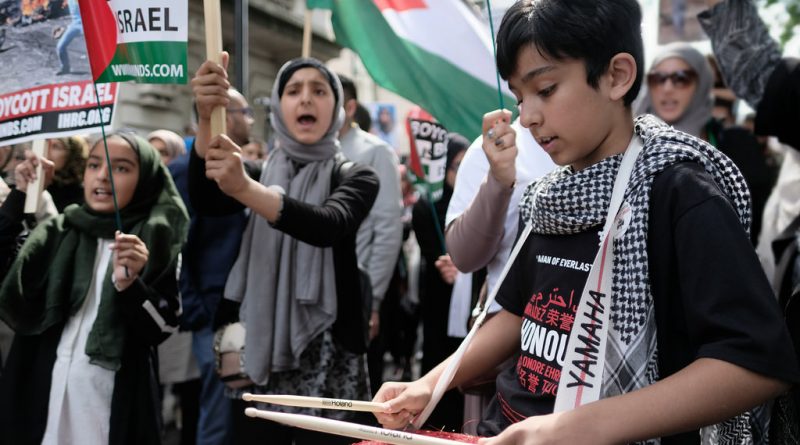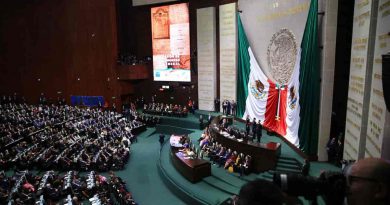Anti-Hamas Protests Heat Up in Palestine
Stephanie Miller
Staff Writer
In 2018, the General Director of Hamas-led Internal Security Forces wrote a letter to Human Rights Watch stating, “peaceful protests are permitted in accordance with law and order.” One year later, Hamas appears to be backtracking from that policy. The group’s latest crackdown in Gaza has led to the arbitrary arrest of over 1,000 civilians protesting against terrible living conditions.
In March 2019, uniformed officers and plainclothes Hamas enforcers attacked demonstrators with pistols, batons, and wooden rods. They raided homes and detained protest organizers and participants. According to eyewitnesses, the security forces prevented journalists and human rights activists from documenting the demonstrations.
Organizers of the demonstrations, whose identities have been carefully hidden from the public, released a statement condemning Hamas’s retaliation. The protestors claim that they were exercising their right to freedom of expression under Palestinian law.
Protests began on March 14 in the city of Jabaliya and spread south to Rafah. Reuters reports that the movement began when Hamas imposed new taxes on food and cigarettes. This served as the last straw for protesters, as Palestine’s economy had already been devastated by harsh restrictions on movement and trade with Israel. The taxes, along with constant power outages, clean water shortages, and increasingly high poverty and unemployment rates, drove citizens to the streets.
In a viral video, a Palestinian woman named Mervat al-Buheisi vented her frustrations with Hamas’s government: “Each son of a Hamas official owns an apartment, a car, a jeep, a building… our sons have nothing. These officials don’t care about the needs of the poor.”
For daring to publicly denounce Hamas, Mervat’s words would later earn her family a late night raid by Hamas security forces, who arrested her husband and one of her four sons. She later told Bloomberg that her family members were detained and tortured for nearly a week.
Meanwhile, Hamas authorities live a life of luxury. “Nobody goes hungry in Hamas,” one protester’s father told the New York Times, backing up al-Buheisi’s claims. He described to reporters how Hamas officials drive jeeps, host barbecues, and send their children to expensive private schools while regular civilians cannot afford to send their children to public university.
An Israeli and Egyptian blockade first confined 2 million people to the Palestinian region in 2007, a speck of land that is now the third-most densely populated political entity in the world. Towns and cities crumble and shrink in the wake of constant wars between Islamic militants and Israel’s overwhelming military force. With Gaza’s infrastructure essentially shattered, almost 80 percent of its population now depends on foreign aid to survive.
Conditions took a turn for the worst in 2017 when the Palestinian Authority’s President Mahmoud Abbas began his campaign against Hamas, attempting to force it to relinquish control of Gaza. The goal behind the Palestinian Authority’s economic sanctions against Hamas is to pressure the enclave to agree to a political power-sharing dynamic.
Recently, the Fatah-dominated Palestinian Authority also began slashing the salaries of its employees in the West Bank. As conditions in Gaza become desperate, Hamas continues to fixate more on its military buildup and war against Israel than it has on providing a positive life for its constituents.



